Chinese Books Find an Audience Overseas
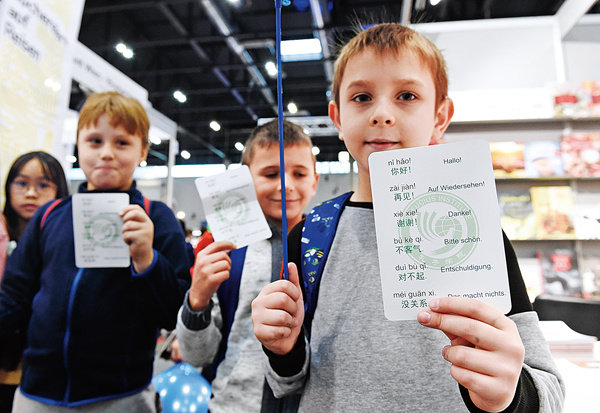 |
| Children display Chinese learning cards in front of an exhibition booth of the Confucius Institute at the University of Vienna during the Vienna International Book Fair in November 2021. [Xinhua] |
More of the nation's contemporary authors and new translations of ancient literary classics are proving popular with foreign readers, Yang Yang reports.
In December 2021, the Arabic translation of Chinese history book Zhongguo Lishi Shiwujiang (Fifteen Lectures on Chinese History) by Zhang Qizhi won the first prize of 2021 Sheikh Hamad Award for Translation and International Understanding.
Founded in Doha, Qatar, in 2015, the award has become one of the most important awards in the Arabic-language world to honor translators.
Fifteen Lectures on Chinese History, published by Peking University Press in 2003, has been well-received in China and has enjoyed numerous reprints since. The writer, Zhang, a famous historian in China, uses simple language to help the reader navigate the zigzag course of Chinese history from ancient times to today.
The book covers topics such as the origin of Chinese civilization, the alternation of dynasties, insights into the prosperous times of the Han (206 BC-AD 220), Tang (618-907) and Qing (1644-1911) dynasties, communication and transportation, ethnic relationships, art and literature, politics, legal systems, agriculture, industry, military theory and practice, social life, and science and technology, among many others.
The Arabic translation was launched in 2018 at Algiers International Book Fair. So far, it has been translated into numerous languages, including Korean, Vietnamese, Arabic, Kazakh and Kirghiz.
Fifteen Lectures on Chinese History is only one Chinese book that has been well-received overseas since 2017.
As an example in the category of Chinese politics, Why and How the CPC Works in China has, so far, been published in 12 languages, with overseas sales exceeding half a million dollars.
In the category of Chinese contemporary literature, The Remembrance of Earth's Past trilogy by Liu Cixin has been translated into more than 30 languages, selling over 3.3 million copies. The contract extension of its English translation gained $1.25 million, setting a record for the overseas royalties of Chinese contemporary literary works. Additionally, the English translation and Spanish translation of Decode: A Novel by Mai Jia have each sold more than 50,000 copies.
In the category of science and technology books, A Handbook of 2019-nCoV Pneumonia Control and Prevention, published by Hubei Science & Technology Press, was published in 14 languages in 19 countries and regions. Artemisinin and Its Derivatives by Nobel Prize winner Tu Youyou has been licensed to more than 10 countries and regions.
 |
| The Chinese section of the 73rd Frankfurt Book Fair in Germany in October. [Xinhua] |
In the children's books category, the works of the winner of the Hans Christian Anderson Award, Cao Wenxuan, have been translated into 35 languages, with Bronze and Sunflower appearing on the bestseller lists of The New York Times, Wall Street Journal and Publishers Weekly.
In November 2021, the first complete Dutch translation of Chinese classic The Dream of the Red Chamber came out after 13 years of hard work by three Sinologists-Anne Sytske Keijser, Silvia Marijnissen and Mark Leenhouts.
The Dutch publisher, Athenaeum, has been looking for classics from around the world since 2000.
The three translators recommended it to Athenaeum because "The Dream of the Red Chamber is a novel of many dimensions and levels. It's a story about a big family, which also includes a romance and rich Chinese culture, such as the philosophies of Confucius, Mencius, Lao Tzu and Chuang Tzu, the poems by Li Bai and Du Fu and also depicts the multifarious facets of social customs, painting, architecture and traditional Chinese medicine," Leenhouts told Beijing Youth Daily.
The novel is an important piece of the world's literary history. It would be a pity if it was not translated into Dutch, Keijser told People's Daily.
Before this translation of the novel, there was no complete version published in the Dutch language, but only an abridged version translated from German in the 1940s, which skipped most of the poems.
"It's meaningful to provide a new completed Dutch translation that will allow readers to taste the real literary flavors in the novel and the traditional narrative style unique to China," Leenhouts told Beijing Youth Daily.
However, such a kaleidoscopic novel that covers plants, animals, apparel, delicacies and formulae of traditional Chinese medicine is challenging for translators, not to mention the ubiquitous poetry. But the biggest difficulty is how to translate the Chinese language of the Qing Dynasty into modern Dutch and maintain its original style, Marijnissen told People's Daily.
In order to maintain a consistent translation in terms of style, the three translators divided the novel into different parts, each of which contains six to seven chapters. After one translator finished a section, the second would read and revise it before passing it to the third translator for further revision. They would also stop after finishing translating 15 to 20 chapters to discuss outstanding problems.
Translating The Dream of the Red Chamber was a much longer and more difficult journey than they imagined, but the trio consider it to have been a worthwhile endeavor, Keijser told People's Daily. She said that they hope Dutch readers will take the opportunity to get to know the charming characters in the novel and discover a greater understanding of Chinese culture through reading the book.
(Source: China Daily)
Please understand that womenofchina.cn,a non-profit, information-communication website, cannot reach every writer before using articles and images. For copyright issues, please contact us by emailing: website@womenofchina.cn. The articles published and opinions expressed on this website represent the opinions of writers and are not necessarily shared by womenofchina.cn.

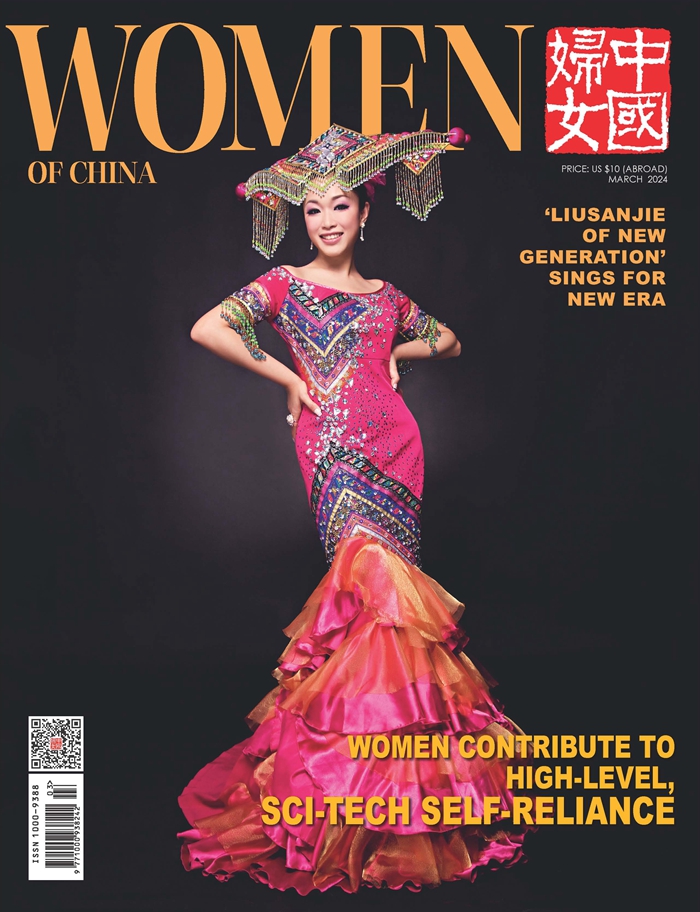
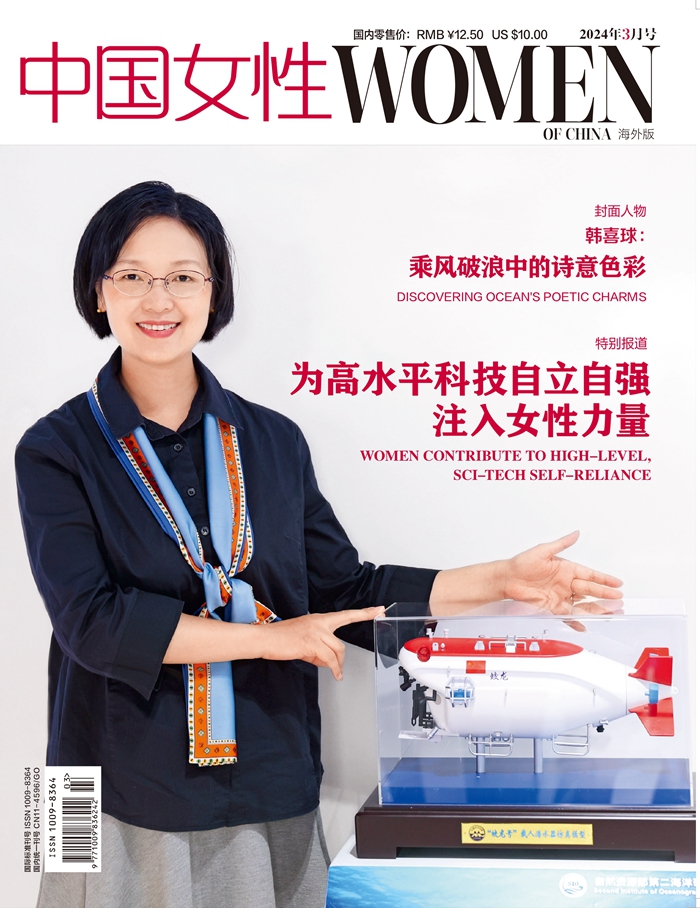
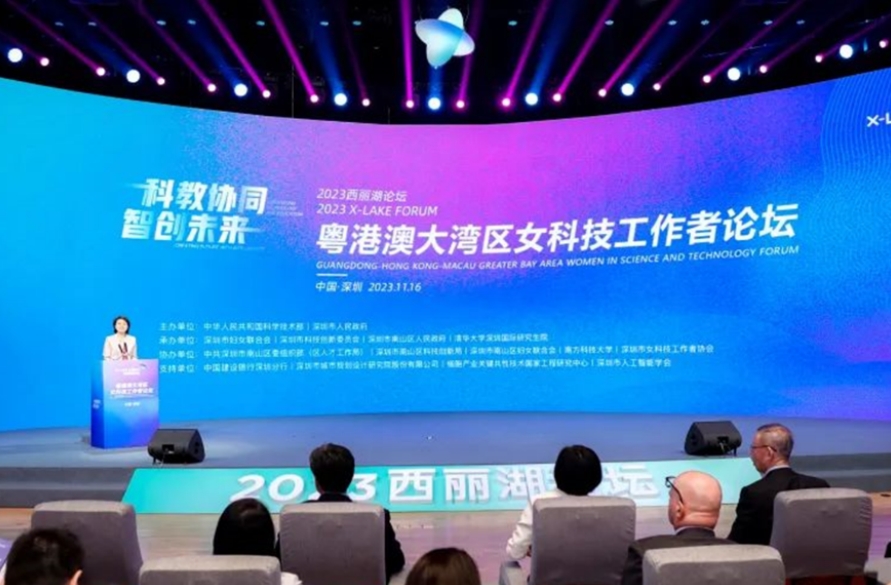
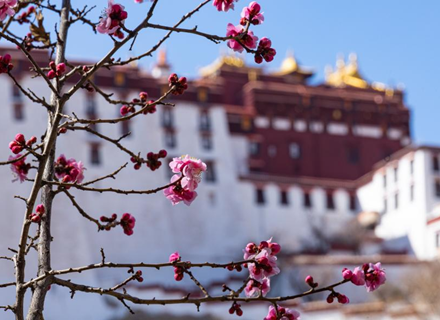
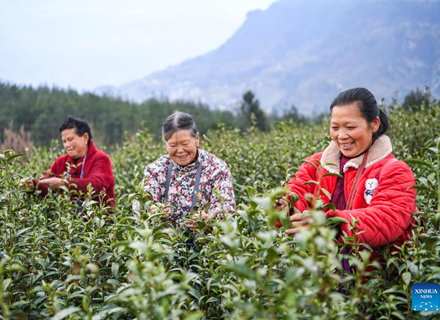


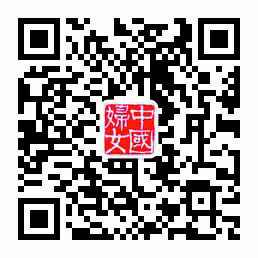 WeChat
WeChat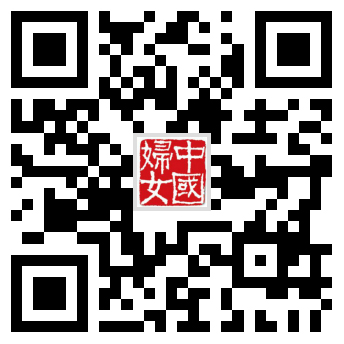 Weibo
Weibo 京公网安备 11010102004314号
京公网安备 11010102004314号